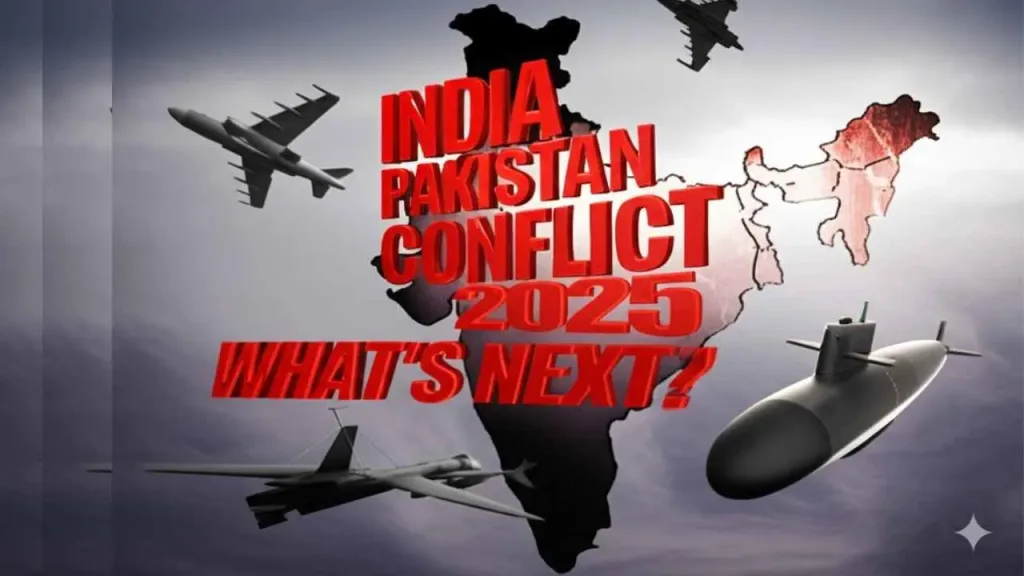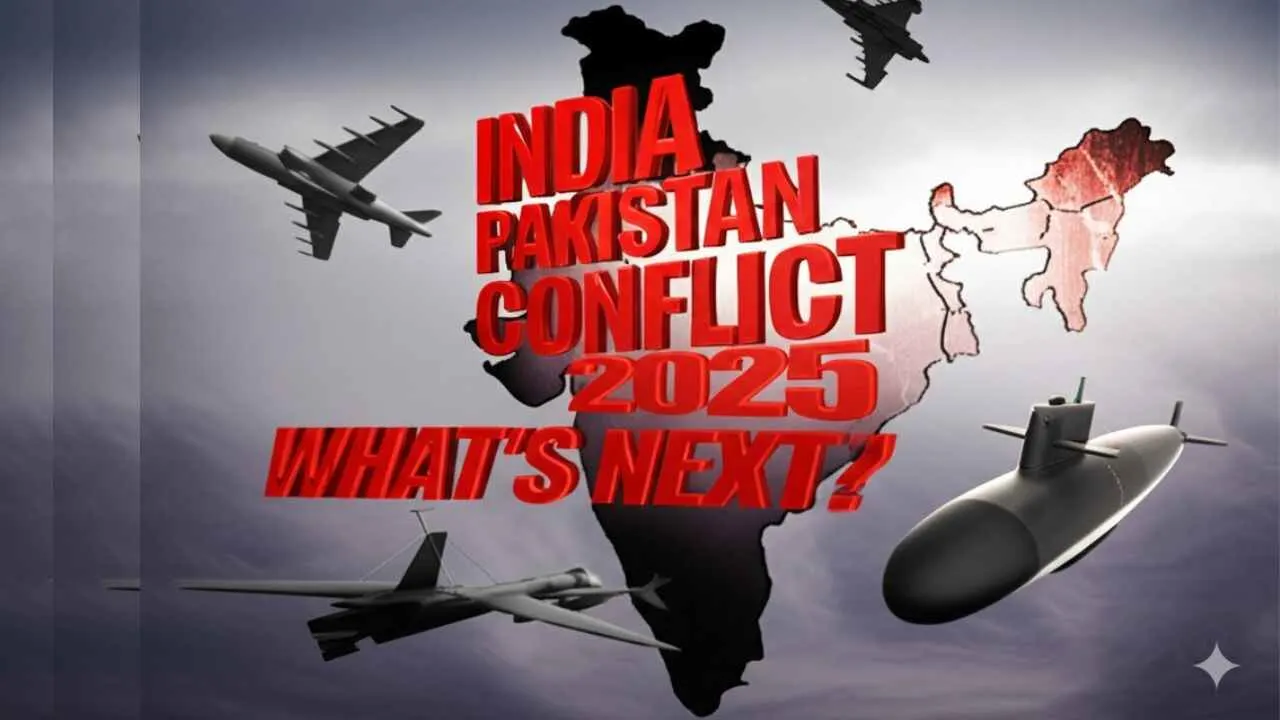The escalating tensions between India and Pakistan have reached a critical juncture. After India’s substantial military deployment along the border and the contentious suspension of the Indus Waters Treaty, Pakistan responded rapidly — urgently calling for international intervention. Within hours, Islamabad reached out to global organizations such as the United Nations and the World Bank, as well as key players like the United States, Saudi Arabia, China, and Russia, seeking mediation.
Pakistan Seeks International Mediation Amid Rising Tensions
Pakistan has positioned itself as the victim in this volatile scenario, urgently requesting assistance to prevent a full-scale war. Meanwhile, India has unequivocally stated its position: nations must either stand with India — a democracy combating terrorism — or side with Pakistan, which it accuses of harboring and supporting militant groups.
India’s Clear Message to the Global Community
This firm stance was articulated in a high-level meeting held at India’s Ministry of External Affairs, where diplomats from global powers, including the U.S., the U.K., Russia, Japan, Israel, Saudi Arabia, Australia, South Korea, and China, were summoned. India presented a clear message: the rising threat of cross-border terrorism originating from Pakistan would not be tolerated, and the country was prepared to take swift and decisive action.
World Powers Rally Behind India’s Position
India’s resolve has been met with an increasingly supportive international response. U.S. intelligence chief Tulsi Gabbard publicly urged India to take the necessary measures to safeguard its security, signaling America’s strong backing. In the U.K., Members of Parliament have expressed solidarity with India’s actions to defend its sovereignty. Meanwhile, Russia issued a stark warning, advising its citizens to avoid travel to Pakistan — a gesture that underscores the serious nature of the conflict.
Pakistan Faces Growing Isolation as Global Support Shifts
In an unexpected development, Pakistan’s Prime Minister addressed the crisis for the first time since the deadly Pahalgam attack, acknowledging the escalating situation. He stated that Pakistan was prepared to respond to any Indian military action but also offered to cooperate with India in investigating the attack. This offer of cooperation, however, appears to be motivated by fear, as Pakistan’s leadership is keenly aware of the growing threat of conflict.
A Desperate Appeal: Pakistan Calls for Global Intervention
Behind the scenes, reports suggest that Pakistan’s political and military leaders are taking precautionary steps, including relocating their families — notably, the family of Army Chief General Asim Munir — to safety abroad. This defensive measure highlights the palpable anxiety within Pakistan’s ranks as it faces mounting pressure from India.
India’s Strategic Advantage: A Global Power Weighs In
On the global stage, India has delivered a stark message: countries that choose to support Pakistan risk alienating themselves from one of the world’s fastest-growing economies and a key player in the Indo-Pacific region. As the world’s fifth-largest economy and a vital member of the Quad alliance, India’s strategic importance is undeniable.
Pakistan’s Strategic Crisis: America and Gulf Allies Distance Themselves
Pakistan’s situation has become even more precarious. In previous conflicts, including the 1971 and 1999 wars, Pakistan relied heavily on U.S. support, but this time, the United States has distanced itself. Even Pakistan’s long-standing allies in the Gulf have adopted a more neutral stance, and China — historically a close partner — has remained notably silent.
A Cry for Help: Pakistan Appeals to the UN for Intervention
As Pakistan continues to plead for United Nations intervention, troubling new intelligence reports have surfaced about the state of its military. Satellite images from March 2025 revealed concerning details about Pakistan’s naval forces, showing that only two of its five submarines are currently operational. The remaining three are either undergoing extensive repairs or are stranded at the Karachi Shipyard.
A Naval Weakness Exposed: Pakistan’s Submarine Fleet in Crisis
The situation is particularly dire for Pakistan’s submarine fleet, which plays a key role in its naval defense strategy. Two of its aging Agosta 70-class submarines, the PNS Hasmat and PNS Hurmat, are in poor condition. PNS Hurmat, for instance, has sustained severe damage to its engine and electronic warfare systems, rendering it non-operational. Meanwhile, two more modern PNS Khalid-class submarines are being upgraded in Turkey, but only one, the PNS Hamza, has completed its refurbishment.

India’s Naval Superiority: A Decisive Edge in Underwater Warfare
With just two submarines currently operational, Pakistan is at a significant disadvantage compared to India, which boasts a fleet of 16 submarines, including six state-of-the-art Scorpène-class vessels. India’s naval superiority gives it a clear advantage in any potential underwater conflict, further complicating Pakistan’s position.
The World Watches as Pakistan Pleads for Help
Pakistan’s increasingly desperate calls for international intervention reveal not only diplomatic maneuvering but also a deep-seated fear that the country may soon be thrust into a full-scale war. The international community now watches closely, understanding that the stakes are higher than ever before. With both nations standing on the brink of conflict, the world will soon have to make a decision: which side will they support, and will they be able to prevent an all-out war between two nuclear-armed nations?
